Cheap oil is taking routes back to the 1800s.
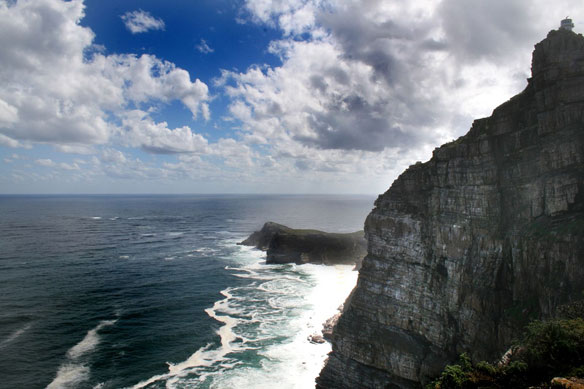
The plummeting price of oil on international markets has had many effects – one of which is that it may be cheaper for ships to travel right around Africa than go through the Suez Canal.
A Peruvian Beach Named Dirtiest in the World
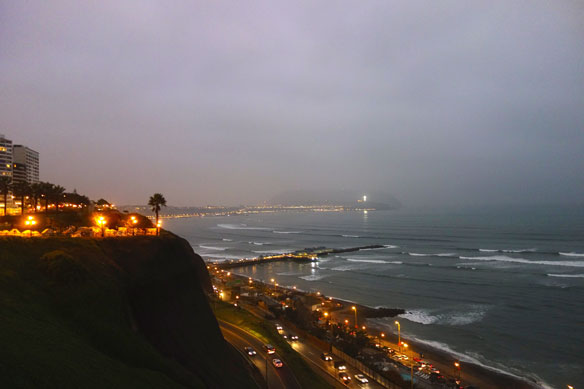
When people think of beaches, they may think fine sand and pristine shores. However, that won’t be the scene to catch in Peru’s Carpayo beach, located on the western tip of the capital. Carpayo is on the receiving end of waste and dumps from Lima and it gets about 2.8 kilos of trash per square meter. In the latest clean-up drive, 60 tons of trash were collected in three hours.
Toxic chemicals found in beached pilot whales in Scotland
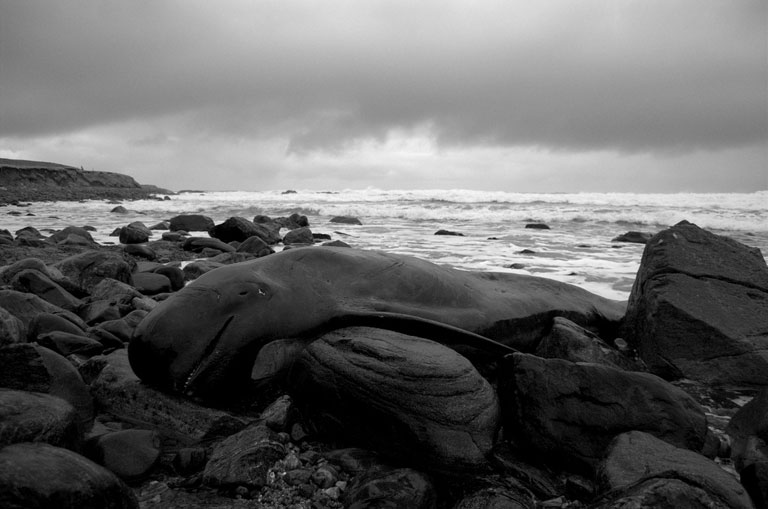
Scientists have found clear evidence that whales are absorbing high levels of toxic heavy metals, with cadmium found in the brains of pilot whales which washed up in Scotland.
Study Finds Toxic Pollutants in Fish Across the World’s Oceans
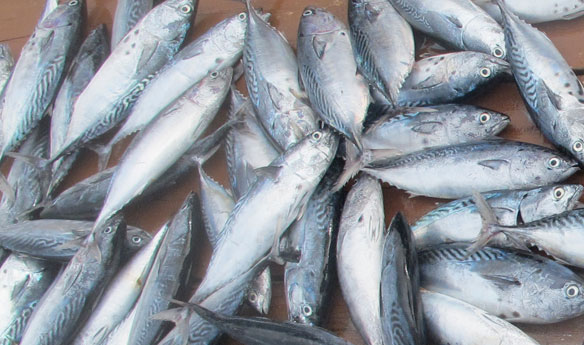
A new global analysis of seafood found that fish populations throughout the world’s oceans are contaminated with industrial and agricultural pollutants, collectively known as persistent organic pollutants (POPs). The study also uncovered some good news¾concentrations of these pollutants have been consistently dropping over the last 30 years.
Red mud pollution: outrage in Marseille
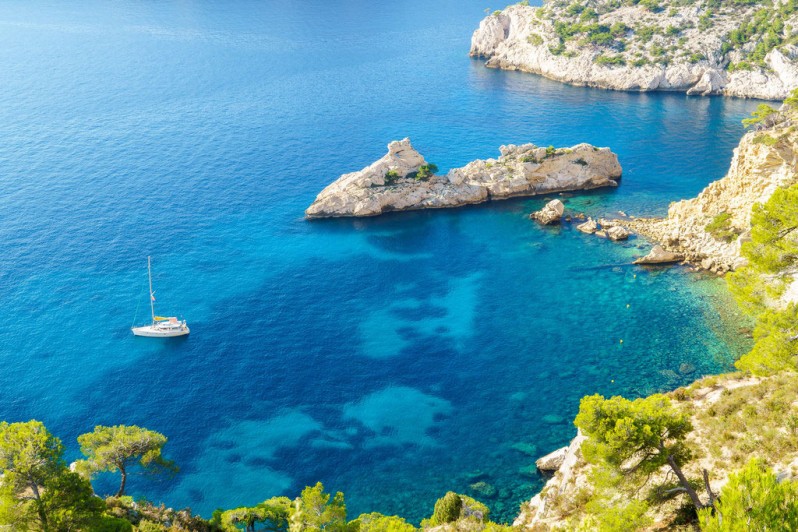
Thousands of people marched in Marseille’s street today to protest against “the red mud scandal”, where Altéo industry, specialized in the industrial production of aluminum, has been granted the right to continue rejecting its hazardous waste product into the marine environment of the Calanques National Park.
NOAA-led research identifies areas of global ocean most vulnerable to ocean acidification
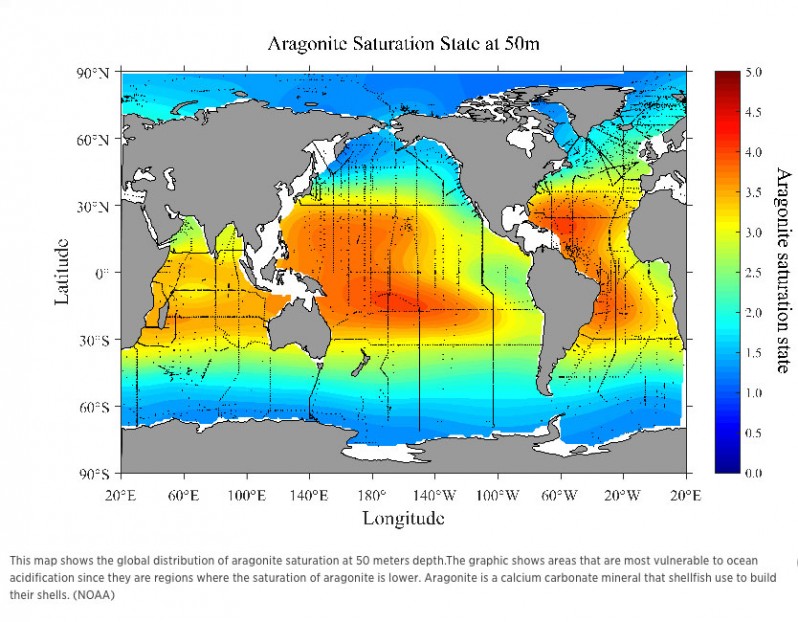
Ocean acidification is caused by humankind’s release of carbon dioxide emissions to the atmosphere. Excess carbon dioxide enters the ocean, reacts with water, decreases ocean pH and lowers carbonate ion concentrations, making waters more corrosive to marine species
Ocean current in Gulf of Mexico linked to red tide, study

A major ocean current in the Gulf of Mexico plays an important role in sustaining Florida red tide blooms, a new study indicates. Researchers suggest that the position of the Loop Current can serve as an indicator of whether the algal bloom will be sustained, and provide warning of possible hazardous red tide conditions in coastal areas.
Thousands of Pink Plastic Detergent Bottles Wash Up on British Beach
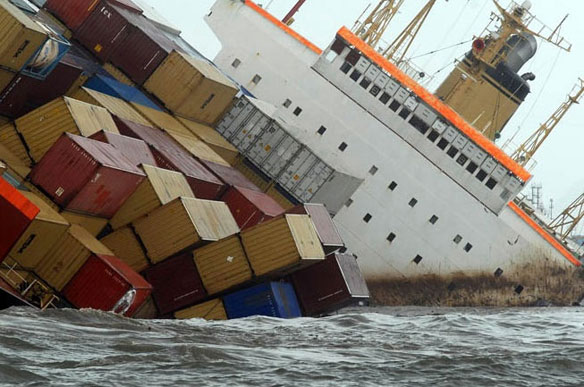
On the same shores where nautical-themed Lego pieces wash up daily, thousands of neon-pink bottles full of detergent have started littering the beaches of Cornwall, England. The bottles are believed to be from a container that fell off a cargo ship as a result of stormy seas.
BHP dam disaster coats Brazil’s pristine beaches

New Year’s is one of the most-important holidays for Brazilians, as many flee the big cities and crowd the shoreline. After the collapse, in November, of a dam holding back mining waste, 50 million metric tons of sludge is spreading now off the coast between Rio de Janeiro and Bahia states, turning the pristine blue waters brown along an expected 30 miles of beaches.
